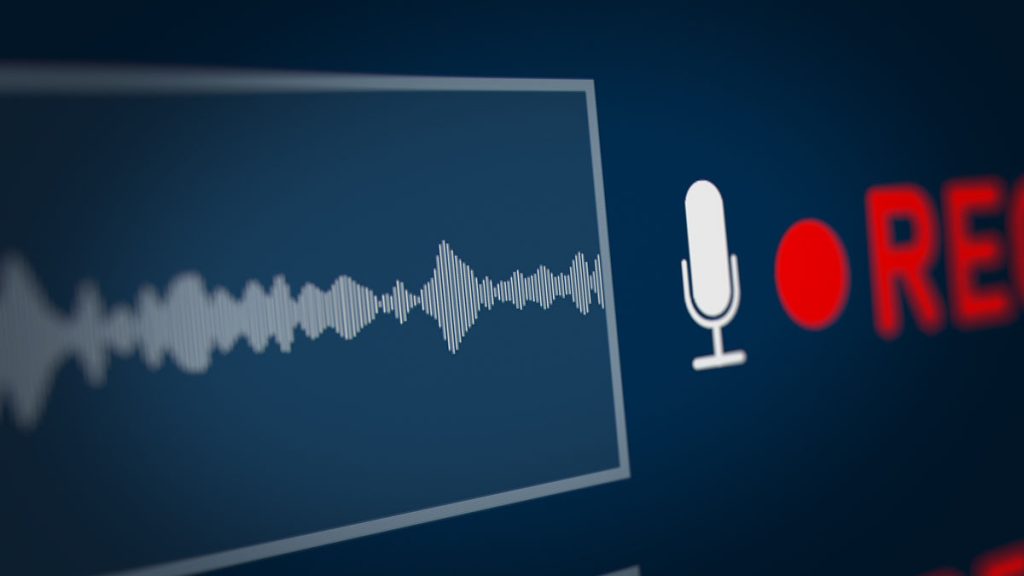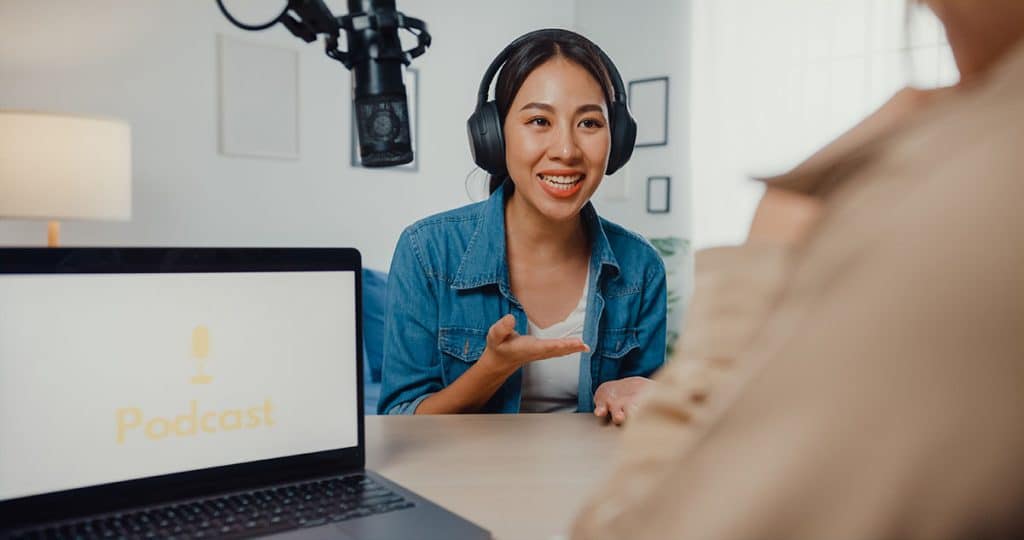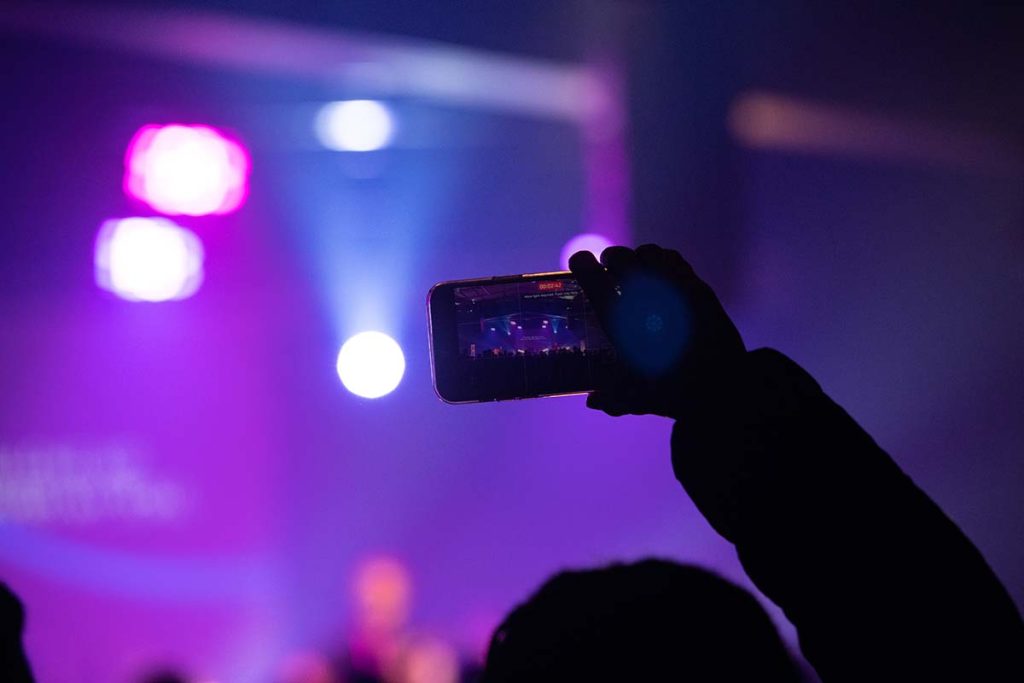

Washington recording law stipulates that it is a two-party consent state. In Washington, it is a criminal offense to use any device to record communications, whether they are wire, oral or electronic, without the consent of everyone taking part in the conversation. This means that in Washington you are not legally allowed to record a conversation you are taking part in unless all parties are in agreement. In order for recorded communications to be considered lawful, at least one participant must announce their intention to record the conversation to all contributing parties and include this announcement in the recording. Wash. Rev. Code Ann. § 9.73.030 (West 2012).

You may not record conversations without including proof of consent from all involved parties within the recording in question.
Washington law does make an exception in cases where the person or people communicating are doing so in an environment where they should not be under the expectation of privacy. The courts consider three factors in determining whether a conversation qualifies as private and is therefore protected under the state’s wiretap provisions. Lewis v. Washington, 139 P.3d 1078 (Wash. 2006).
*Washington’s Supreme Court has decided that the presence of a third party typically disqualifies a conversation as private. Washington v. Clark, 916 P.2d 384 (Wash. 1996).
Some common situations where it would be considered eavesdropping to use a recording device:

It is considered a crime of voyeurism in the first degree, for sexual gratification purposes, to knowingly view, photograph or film:
Wash. Rev. Code Ann. § 9A.44.115(2)(a)
It is considered a crime of voyeurism in the second degree to intentionally photograph or film another person’s intimate areas with the intention of distributing or disseminating the photograph or film, without that person’s knowledge and consent, and under circumstances where the person has a reasonable expectation of privacy, whether in a public or private place.
Wash. Rev. Code Ann. § 9A.44.115(3)(a)

Wash. Rev. Code Ann. § 9.73.080: Secretly recording an oral or electronic conversation is considered a gross misdemeanor.
Wash. Rev. Code Ann. § 9A.44.115(2)(b): Voyeurism in the first degree is a Class C felony punishable by imprisonment not exceeding 5 years and $10,000 in fines.
Wash. Rev. Code Ann. § 9A.44.115(3)(b): Voyeurism in the second degree is a gross misdemeanor punishable by 90 days to 1 year in jail and fines not exceeding $5000.
If someone is using a copyrighted work or recording of yours you may submit a DMCA takedown notice.
Other Washington Laws: